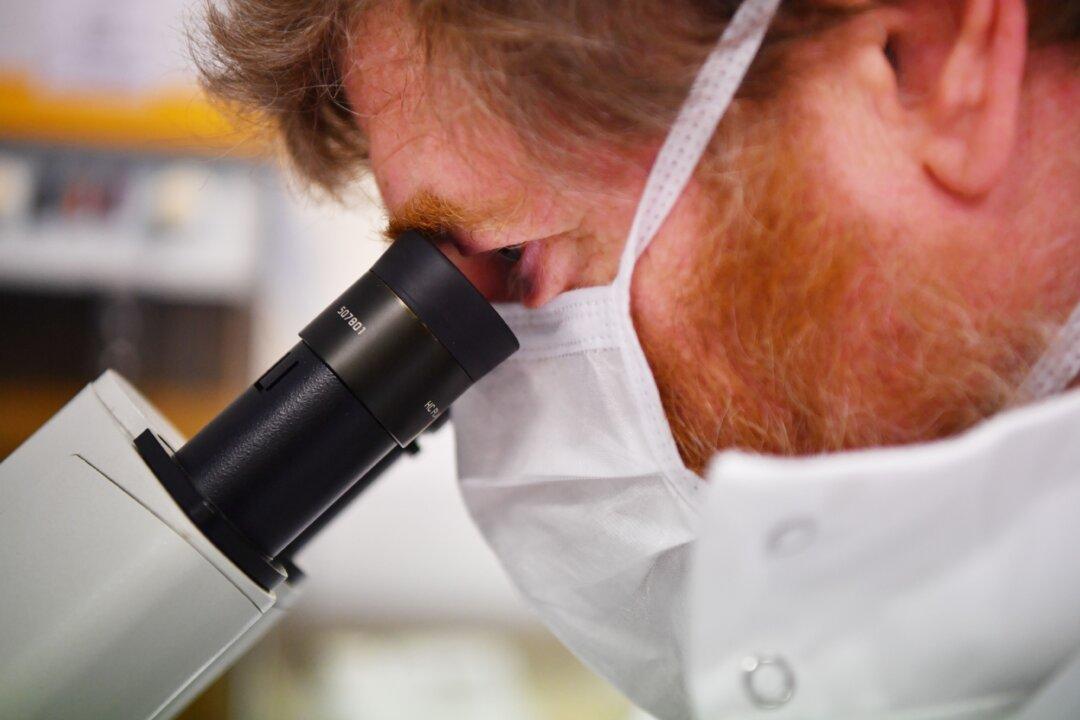The COVID-19 Assembly, an organization in the United Kingdom, recently announced that it is gathering a team of experts to investigate all of the COVID-19 deaths in the country to ascertain if any may have been wrongly attributed.
With over 126,000 deaths in the United Kingdom and over a year into the pandemic, there is still confusion over whether people died of the disease or with the disease. Those concerned with COVID-19 deaths being unduly inflated argue there needs to be a differentiation between the two in determining the actual fatality rate of the CCP virus.






